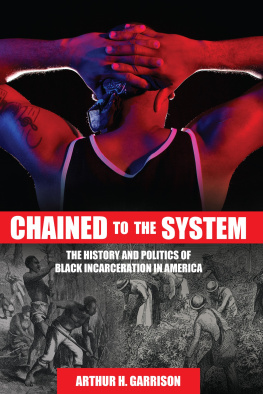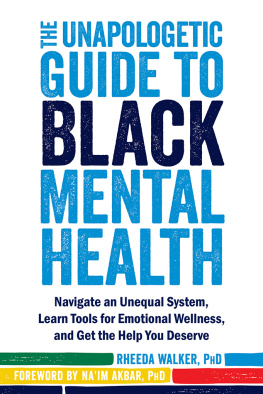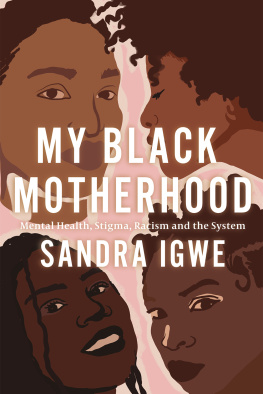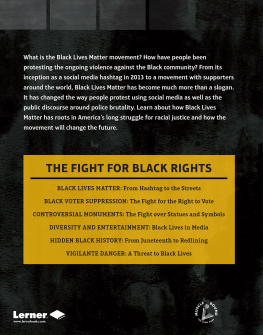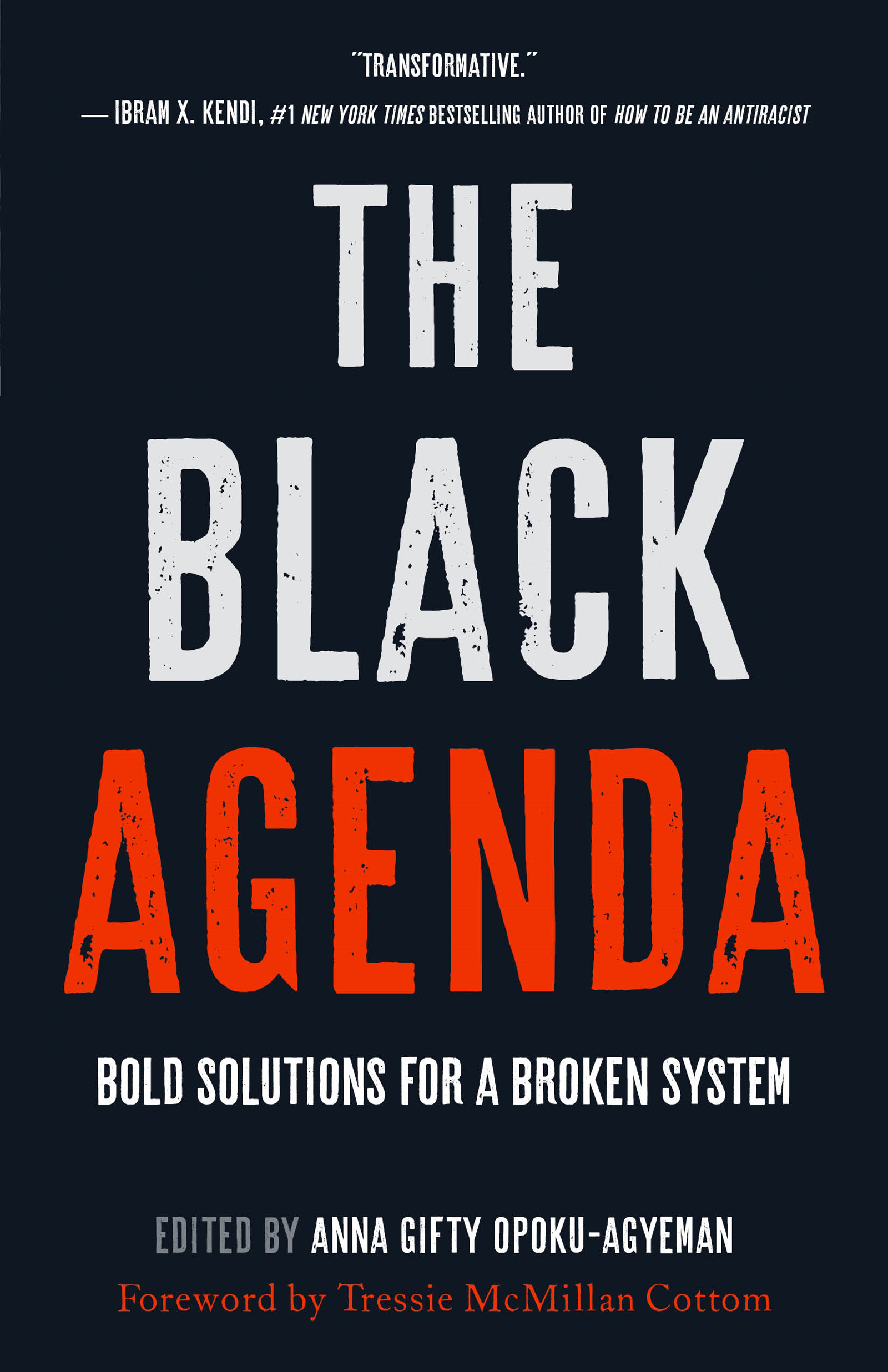Contents
Guide
Pagebreaks of the print version

The author and publisher have provided this e-book to you for your personal use only. You may not make this e-book publicly available in any way. Copyright infringement is against the law. If you believe the copy of this e-book you are reading infringes on the authors copyright, please notify the publisher at: us.macmillanusa.com/piracy.
Dr. Tressie McMillan Cottom
No matter where you show up on the spectrum of Blackness, the United States owes you something. And its clear that a significant part of the story of Black freedom and Black revolutionary thought rests upon the United States social contract with its citizens. In the U.S., the tension in the social contract has always come down to recognizing the full citizenship of Black people across our heterogeneous exposure to this country. But whats been made abundantly clear is that regardless of how Black people got here, the social contract has only ever been extended to us on extractive terms.
When we think about the relationship between racism, capitalism, and the debt owed, we need to talk about how debt has shaped and does continue to shape: 1) how Black people can leverage the full expression of our citizenship and the full franchise; and 2) how debt operates in our individual and collective lives. There is no progress or progressive agenda to me unless that debt, in all its forms, is fully understood and agreed to by all parties.
Which brings us to 2020, a year marked by the effect that technologies have had on our social and democratic institutions as well as public life. A moment where the divides that have so determined the boundaries of academic discourse were relitigated. What people may not understand is that for Black scholars, this reality of engaging with the public across different types of institutions has always been true. As the late W. E. B. Du Bois said, Black scholars just dont have the luxury of not having themselves and their work enmeshed in public discourse, public life, and social commentary. And I have always believed this to not just be true but also essential to how Black scholars understand their work. In 2020, I think other people began noting our lived reality as well.
Black expertise is, in many ways, an attempt to wed ones lived experience and personal narrative to empirical realities in direct response to the resistance on the part of gatekeepers, especially those that can only hear empirical expertise. What I have known is that gatekeepers are fundamentally distrustful of Black subjects as unassailable authors of our own stories. Black experts are viewed as counter storytellers, the counter narrative, and instead of coming to us with the exact same questions posed to our white counterparts, they confine us to so-called race talk.
The truth is no one wants a meritocracy more than Black people. Despite our attempts to elevate our earned status to override our inherited status, we embody a lower status due to race and/or class. Whiteness needs us. The body politic needs us. It is not going to make it without our perspectives, without these forms of expertise, which means that the next frontier of honoring Black expertise should be more than just increasing representation and diversity of voices in the room.
History has made clear that Black people dont need to learn how to find the practical significance of our work, but we do need to move that to the center, and thats what this book doesit moves us to the center. When you move the conversations about Black lives and Black experiences as well as anti-Blackness, racism, inequality, and equity into the center, it is literally better for everyone. We become better. Our policy is better. Our inferences are better. Our conclusions are better, stronger, and more defensible. The evidence, both qualitative and quantitative, is clear: the quality of debate diminishes when you ignore diversity.
Decentering Black voices is what some may call erasure, one of those theory words that no one has defined well publicly. And the way erasure shows up for Black experts, especially Black women, is hypervisibility and silencing. Having more Black people in the room without extending them the commensurate status and power and resources that would have come with that position had they been a man and/or been white is erasure. And simply refusing to include us in spaces is also erasure. Erasure prevents and has prevented Black experts from moving closer to the center of where power operates in organizations or in institutions. Sometimes its about being structurally excluded from the rooms, and sometimes its the terms of our inclusion in the room. Youre allowed in the building but not on the tenth floor, or once you get there, you cant access the glass offices in the back.
Over the last five to seven years, largely due to Black Lives Matter and subsequent white reactionary politics, the boundaries of rational debate have either expanded or exploded or both. So if you are a space, a platform, an institution that is part of the infrastructure of the public discourse, and you are not at this point affirmatively putting forward Black expertise as one of the valences of your institution or organization, you are de facto a part of the white counterresponse to Blackness.
The Black Agenda has come at a moment when people are reimagining what the boundaries are between academic and public discourse. And this is the moment when we need most the voices who understand the discourse and also understand what the stakes are in Black livesthat is, Black scholars.
The Black Agenda also puts forward a model for whats considered good public intellectualism while showcasing that there is no shortage of people who do that work. This book takes away the excuse of Well, we just dont know where to look or this idea that I didnt come through these communities, so you cant fault me for not knowing while lowering the opportunity cost of learning about different types of expertise and drawing on them. The book moves past the dispassionate and unpolarized space that many seem to strive for and instead asserts the following: if you are not centering Black expertise, you are becoming a vacuum for white rage.
The Black Agenda asks and answers important questions so that we can align our economic behaviors with our social and cultural values. I think of this book as doing a version of that for the public discourse: Which institutions deserve credibility and trust at this moment? Are they the ones that use this book to help shape how they build the audiences taste and preferences for who should be an expert? When you take off the table that we cant know or we dont know, then you can reallocate your responsibility for the problem, and people become implicated in a very direct kind of way because they cant use that excuse anymore.
The Black Agenda is the opening salvo of how an institution is valued as well as a guide to peoples investments, both at an individual and institutional level. If you are a gatekeeper at an organization, at an institution, or in a community, you should be reading this book as a check on what your natural biases are toward who should belong, who belongs in the room, and who doesnt. And make no mistake, this book applies broadly to gatekeepers across any institution, from your community nonprofit to the local newspaper to MSNBC and beyond. If you gatekeep any critical resource, and that can be from money to attention, you should be reading this book.


